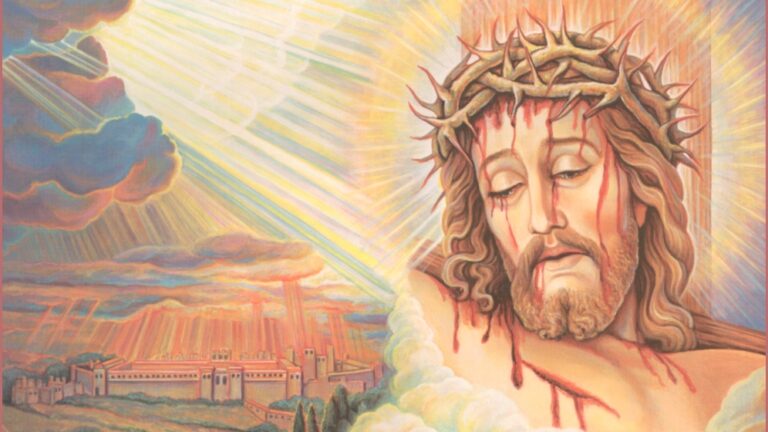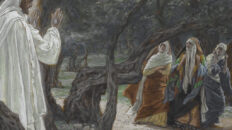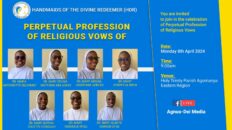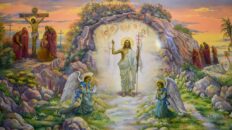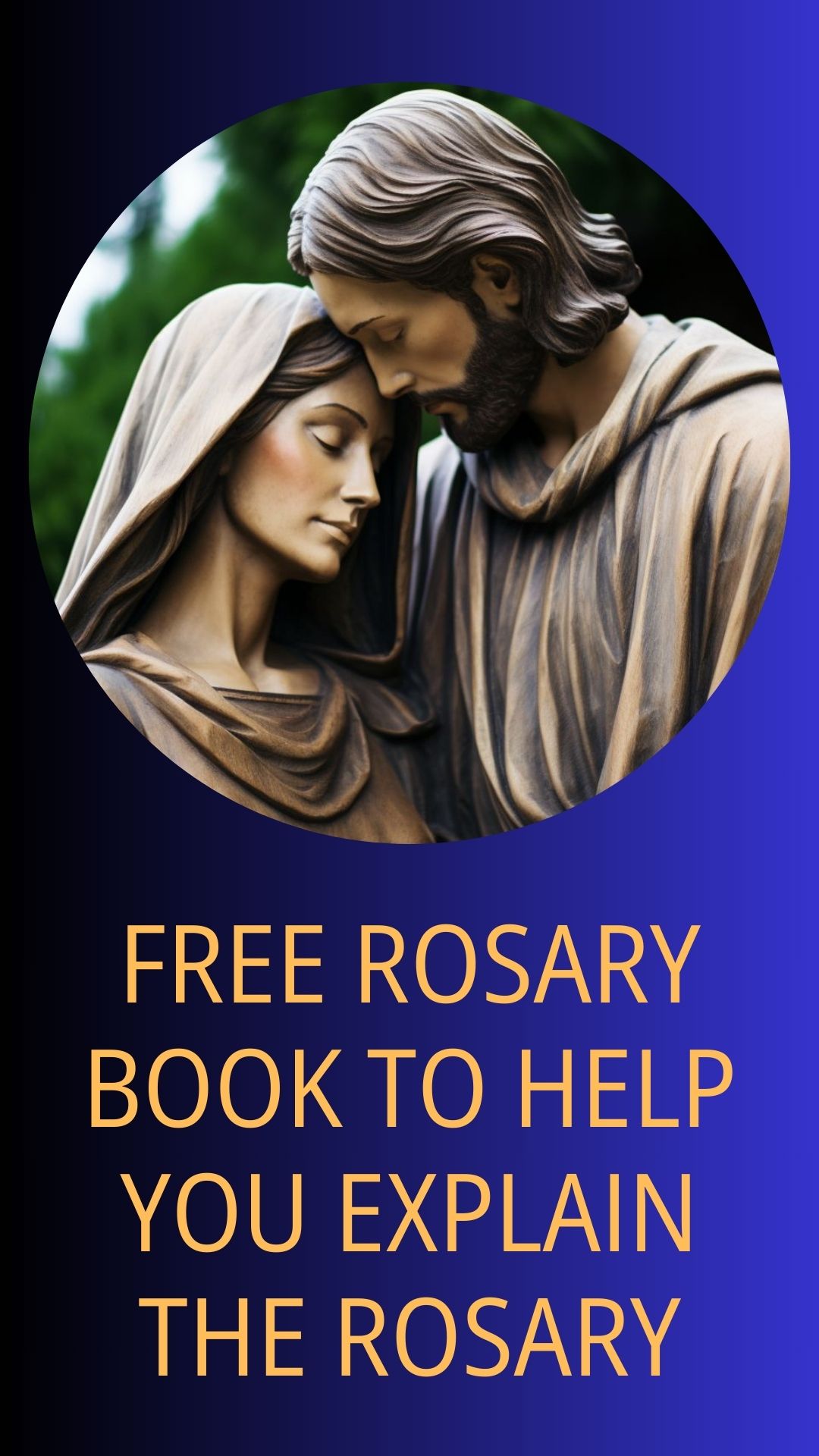THEME: REPENTANCE OPENS THE DOOR TO GOD’S FORGIVENESS
READINGS: Ezekiel 18:25-28 / Philippians 2:1-11 / Matthew 21:28-32
26th Sunday in Ordinary Time
INTRODUCTION
Repentance is like a key that opens the door to God’s forgives. This is a clear message in today’s first reading and gospel reading. In the first reading (Ezek. 18:25-28), the sinner who repents is forgiven, whereas the good person who later becomes a wicked person is not forgiven. Similarly, in the gospel reading (Matt. 21:28-32), Jesus explains that the sinner who repents is forgiven because he/she is like the son who initially refused to work on his father’s farm, but later changed his mind and went to do the work. On the other hand, those who do not repent are not forgiven. Thus, in both the first and gospel readings, the difference is repentance. Those who repent enjoy the forgiveness of God.
WHAT IS REPENTANCE?
According to the Catechism of the Catholic Church, “repentance is a radical reorientation of our whole life, a return, a conversion to God with all our heart, an end of sin, a turning away from evil, with repugnance toward the evil actions we have committed. At the same time it entails the desire and resolution to change one’s life, with hope in God’s mercy and trust in the help of his grace. This conversion of heart is accompanied by a salutary pain and sadness.” (no. 1431).
WHY SHOULD THE REPENTANT BE FORGIVEN?
The sinner who repents is forgiven because:
- Christ has paid for our sins. This is eloquently expressed in His cry to the Father to forgive us while dying on the cross.
- The sinner has regretted his or her bad deeds and resolved not to return to them;
- The sinner realizes that his or her life depends on God; and
- The sinner realizes that life should be lived as willed by God, the Giver-of-life.
WHY THE RIGHTEOUS PERSON WHO TURNS EVIL IS NOT FORGIVEN IF HE DOESN’T REPENT
Whilst we will enjoy God’s forgiveness if we repent from our sins, the prophet Ezekiel says that if we change from being good persons and become wicked we will be punished by the Lord. Why? Jesus illustrates why this is so with the parable in today’s gospel reading. That is, a good person who becomes sinful is like the second son of the man who initially said ‘I will go, sir’, but did not go to the farm.
Here is another illustration: consider an athlete who begins a long distance race (e.g. 10,000m) with the speed of legendary sprinter, Usain Bolt (while receiving all the cheers in the stadium). But then he stops after the first lap. In that case, his initial good speed or performance comes to nothing, and he will receive no reward or medal. Similarly, if we backslide in our Christian life and remain so till death, we will receive no reward from God. Our God, however, does not desire that we die in our sins; rather, He desires that we turn away from our sins and live (Ezek. 18:23).
CONCLUSION
Beloved, God is ever-willing to forgive us. He forgives us as often as we repent. Even backsliders have several chances to be forgiven. Now, therefore, let us repent of our sins, approach our ever merciful God and ask Him to forgive us of our sins, and so enjoy His mercy forever. Amen!
By Very Rev. Fr. John Louis

